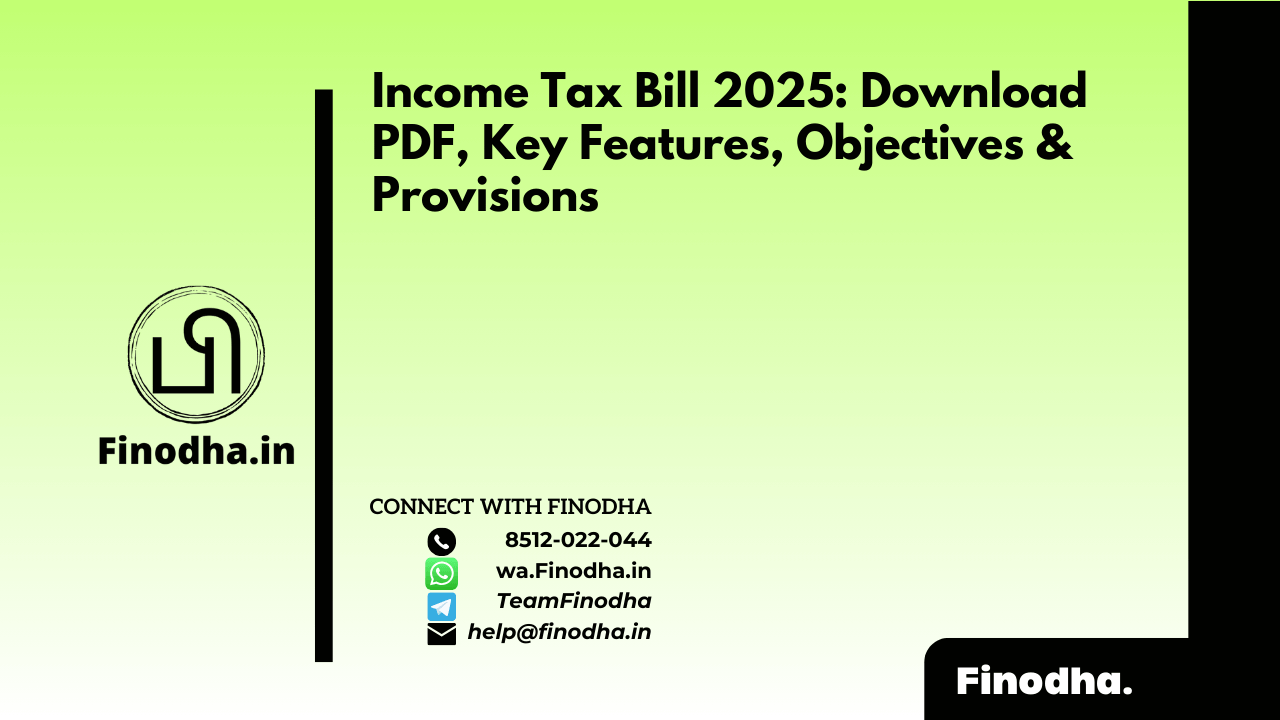Important keyword: Tax on Motor Vehicle, Tax Savings & Deductions.
Table of Contents
Income Tax on Sale and Purchase of Motor Vehicle in India
India boasts the third-largest road network globally, with over 300 million vehicles on its roads today. According to Statista, more than 60 percent of the population in India prefers traveling by road using personal or shared vehicles. Given this extensive use, it’s important for taxpayers to grasp the tax implications associated with the sale and purchase of motor vehicles. This article explores the various aspects related to these transactions.
What do you mean by Motor Vehicle?
When it comes to calculating the tax for buying or selling a motor vehicle, it’s important to understand that this term encompasses a variety of vehicles. Motor vehicles include cars, buses, motorcycles, off-road vehicles, and both light and regular trucks.
Tax on Selling a Vehicle
If you use your vehicle for personal purposes, you don’t have to worry about paying tax when you sell it. Personal vehicles are not considered capital assets. However, if your vehicle is used for business, it is considered a capital asset, and you’ll need to pay either long-term or short-term capital gains tax when you sell it.
Tax on Buying a Vehicle
According to the Finance Bill of 2016, when you buy a vehicle, the seller must collect a Tax Collected at Source (TCS) if the vehicle costs more than INR 10,00,000. The TCS rate is 1%. This rule also applies if you buy vehicle parts costing INR 2,00,000 or more.
Since October 1, 2020, there are additional rules depending on whether the buyer is a business (B2B) or an individual customer (B2C). For B2B transactions, TCS must be collected under section 206C(1H). For B2C transactions, TCS must be collected under section 206C(1F). Section 206C(1H) applies if the total sale amount of the vehicle is less than INR 10,00,000 but the total transaction value exceeds INR 50,00,000.
Under Section 206C(1H), sellers must collect TCS at 0.01% on amounts above INR 50,00,000 from the sale of goods. Due to COVID-19, the TCS rate was reduced to 0.075% until March 2021 as a temporary measure.
Incentives for Buying Electric Vehicles
To promote electric vehicles, the government introduced Section 80EEB. From April 1, 2020, you can claim an additional deduction of INR 1,50,000 on the interest paid for a loan taken to purchase an electric vehicle.
GST on Vehicles
Goods and Services Tax (GST) on vehicles ranges from 12% to 28%. Additionally, a composition cess is also charged, ranging from 1% to 22%, depending on whether the vehicle runs on petrol, diesel, or electricity.
Read More: Save Tax with the Help of your Family
Web Stories: Save Tax with the Help of your Family
Official Income Tax Return filing website: https://incometaxindia.gov.in/




